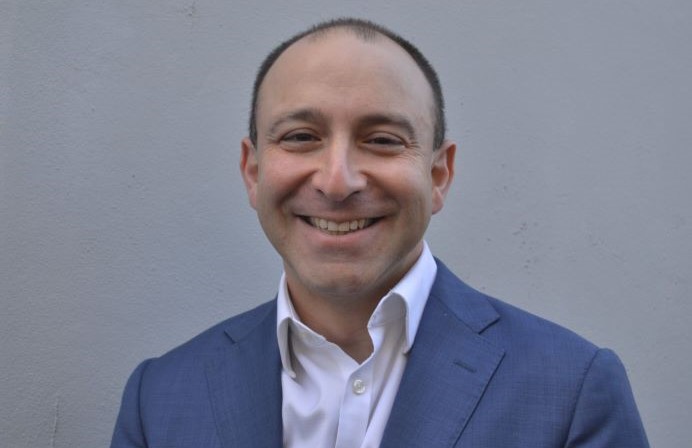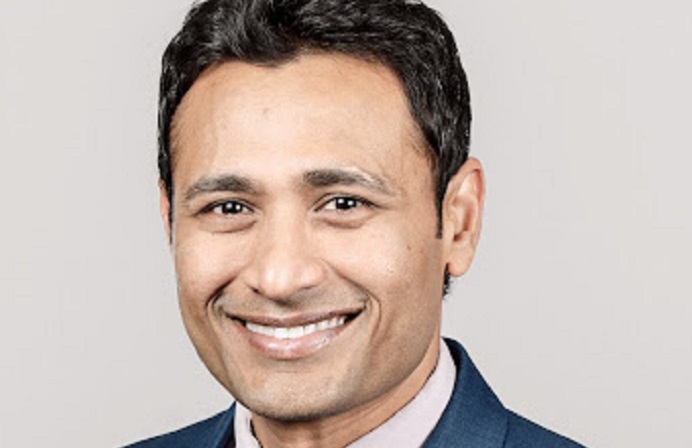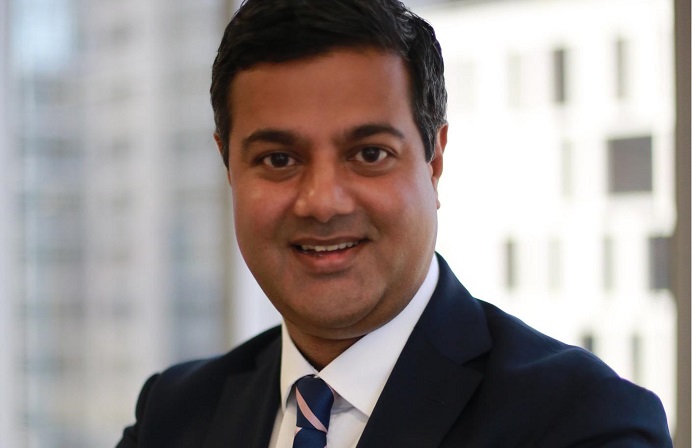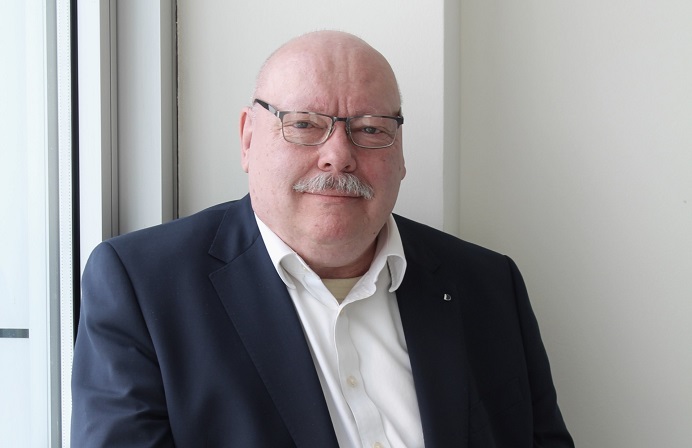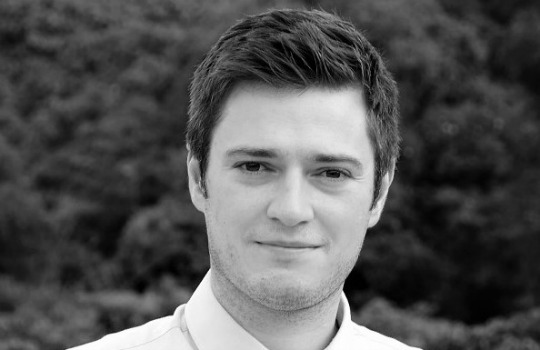
“The next 6 months will be extremely critical as a young start-up. As the business is growing, we will invest in attracting top tech talent, which is going to be difficult given that in Asia young programmers tend to be attracted to the big corporations…”
FST Media: What are your business and digital priorities for the next 6 months?
Olea: The next 6 months will be extremely critical as a young start-up. We aim to have live clients across all our product lines in Hong Kong and thereafter to set out on our selective international expansion. As the business is growing, we will invest in attracting top tech talent, which is going to be difficult given that in Asia young programmers tend to be attracted to the big corporations. Nonetheless, we will use our dynamic, can-do and can-do-quickly startup attitude as a differentiator.
In terms of digital developments, we are aiming to complete several more API integrations with established providers. Valoot is an enhancer, rather than a disruptor. We recognize and appreciate the resources and effort established financial and technology players have invested into developing robust solutions. Or goal is to add value to those solutions, and implement changes quickly for the benefit of our partners and clients.
FST Media: What technology or innovation is proving to be the biggest game changer for the banking industry?
Olea: The opening up of services from banking giants via API cannot be underestimated. We are fortunate to be riding a wave of change when it comes to how the established players deal with new market entrants. In the majority of cases, our proposals are met with interest and we are seeing good follow-up. By no means is this the case 100 per cent of the time, but you can feel the change in the air.
FST Media: How are you leveraging big data and analytics to create customer-centric services?
Olea: As a flow processor, big data and analytics are vital to the way we shape and enhance our solutions. Once implemented, we want to be inspired by how our clients and their clients use or solutions, and we can only do that by having a clear focus on the data coming in.
FST Media: Where do you look for emerging technology trends?
Olea: We are open to new tech and ideas from wherever. Location is not as important as scalability. China has been a good source of inspiration and we can all learn a valuable lesson in mass adoption from the old and new fintech blossoming in that country.
FST Media: What is the key challenge that a start-up will face establishing its place in the market?
Olea: By far the most important consideration is whether you are adding value by solving a problem. Ideas that turn the world upside down are rare and very difficult to implement.
A far easier approach is to look for inefficiencies, listen to customers and then build solutions that you would use yourself if you were in their shoes. Everyone has a tight budget to manage, so the all-important question to answer when building something and taking it to market is: would I be happy to pay for this?
FST Media: How do new technologies help mitigate Cybersecurity risks?
Olea: Moving payments and financial services to digital solutions is a double edged sword. On one hand, the anonymity usually associated with cash transactions is eliminated. On the flip side, cyberspace can be a risky environment for new technologies. My advice is to have your solution ethically hacked early and continuously at key development stages so that you can at least mitigate weaknesses and vulnerabilities that you might be too blinkered to see when consumed by the development itself.
FST Media: Where will fintech development in Asia be by 2018?
Olea: I would like to see the tech that people are familiar and comfortable using domestically carried through on their travels in the region. In Asia, everyone travels quite frequently, whether for business or pleasure. Very few fintech solutions are expanding at a pace fast enough to match these travel habits, and it is a pity that really good useful fintech solutions are not available outside the markets where they were developed.
FST Media: What specific insight does Valoot bring to the start-up scene in Hong Kong?
Olea: I can testify that the start-up scene in Hong Kong has improved measurably in the last 6 months. There is far better engagement with regulators and the authorities who have realized the importance of this sector versus the traditional banking and retail contributors to GDP.
Nonetheless, we still have a long way to go in Hong Kong before we can call it a “fintech hub”. My advice to start-ups setting up in Hong Kong is to apply the Ikea model. Back when Ikea was started in Sweden, they knew that the key to their development was not Sweden, a very small and limited market. Rather, they used their Swedish roots in order to push out aggressively and expand internationally. I can see how a Hong Kong start-up would benefit from that model – use Hong Kong as test bed for your ideas, but always have a clear path for international expansion.
FST Media: What is the next big thing for Valoot and how will you measure its success?
Olea: We are in the closing stages of securing substantial outside investment in the business in order to fuel our international expansion. We hope to use not just the funding, but also the connections and network from this investor in order to secure new clients and partnerships outside Hong Kong.
FST Media: What is the best career advice you have received?
Olea: Steal shamelessly. By this I mean to keep an open mind and extract the best from ideas and opinions that come to you. Moreover, seek advice continuously. You are not the smartest, but you can be the quickest at implementing a valuable solution. Stay flexible, pivot all the time and never give up.

